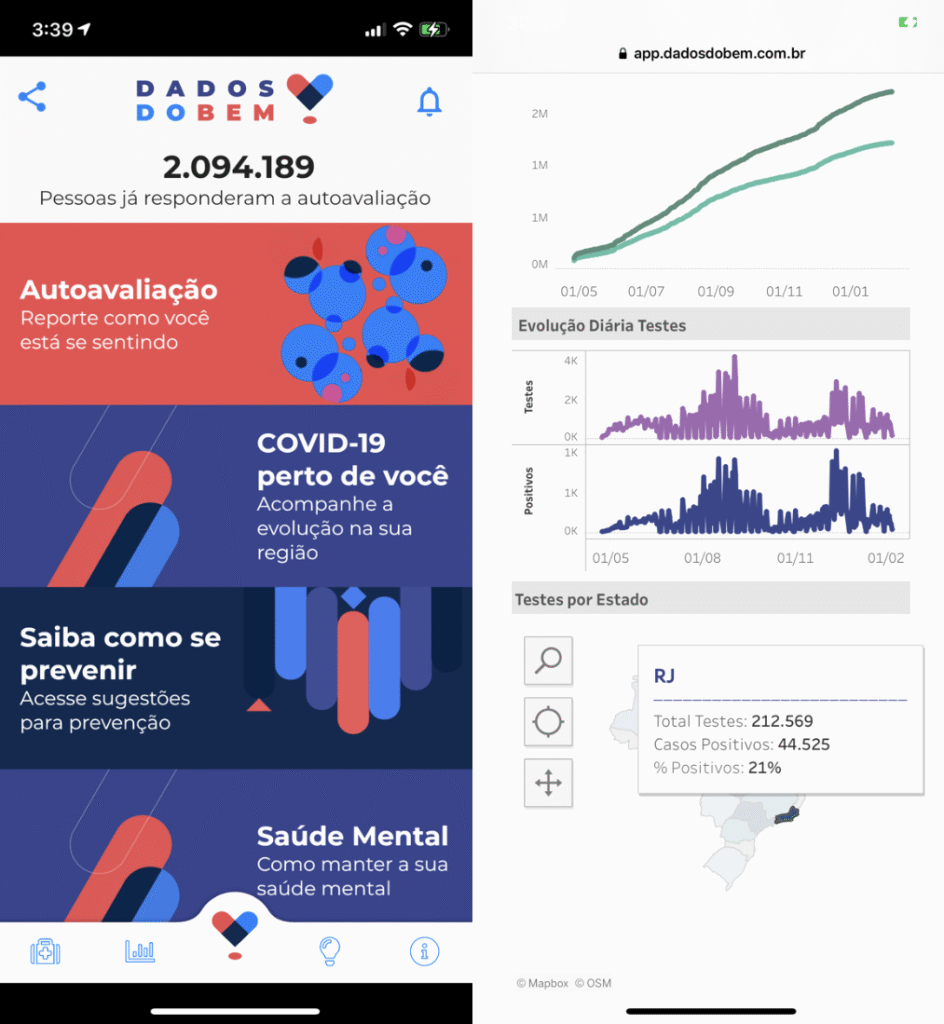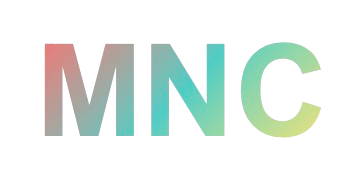Description
Maré Favelas (Maré Complex) is a group of sixteen favelas situated near the Rio de Janeiro International Airport. This is considered one of the largest favelas in Latin America, with over 140,00 residents living there. These residents rarely own the state of the art smartphone, and most homes do not have access to Wi-Fi. Most homes in favelas do not have Wi-Fi. In addition, mobile providers do not place enough towers in favelas, so the residents who do have Wi-Fi do not have unlimited access to it. In the middle of 2020, a group of researchers and non-profit organizations (NGO’s) partnered together to create the project Conexão Saúde (Health Connection). Conexão Saúde aimed to provide public health support for the Maré residents during the pandemic. Conexão Saúde developed the app, Dados do Bem (Good Data), which would allow a resident to take a questionnaire and have the app help them self-diagnose COVID-19 symptoms. Depending on the results, the app will recommend that the resident get tested. To get tested, the app generates and gives the user a QR code to use at one of the mobile testing stations in Maré. These testing sites are all over Maré, with there being over fifty testing stations to make it easier for residents to find a testing site via the app within twenty-four hours. The research institute, Fiocruz, provided the lab support to process the tests. These mobile testing stations do not require the residents to have the app to get tested. If the resident does not have the barcode, the volunteers will help them download the app and take the questionnaire.
Conexão Saúde provided the Maré population with effective factual information about the pandemic. The Dados do Bem app contained public health information about COVID-19 and mitigation strategies, such as explanations about what COVID-19 is, its main symptoms, and how to prevent it. The Conexão Saúde created WhatsApp for public health campaigns as well, with audio messages with the information for the large population that is illiterate. This information included instructions about physical distance, proper hygiene, and isolation strategies. Conexão Saúde tested about 250 people each day for the first 2 years of the pandemic. However, many residents in favelas have jobs that do not allow them to work remotely. To mitigate this, once someone tested positive, they could get help from Conexão Saúde’s program, Safe Home Isolation. This infrastructure would help a resident and their family to stay home for 14 days, providing them with daily meals, cleaning kits, and a daily telehealth service via WhatsApp.
After analyzing about 30,000 in-app questionnaires and combining them with actual test results, the researchers could identify which symptoms were more prevalent in infected individuals. With this data, they developed an algorithm that could very accurately predict the likelihood that someone might have been infected based on their self-reported symptoms, thus optimizing the recommendation for testing. These test results fed a database displayed as a graph on the app, shared with the community. Some of the information these graphs would show was the community’s positive rate and the most common symptoms for positive tests. In a situation where tests were scarce, the app streamlined the process, making sure tests were allocated for those who really needed a COVID-19 test. Conexão Saúde put Maré ahead of many other cities and countries during COVID in Brazil, as Brazil was one of the few countries that did not have official reports of the test positive rates. For the Maré Complex, Conexáo Saúde decreased case fatality rates by 90%. In July 2020, at the start of the project, rates in Maré were at 19%, and four months later they dropped by 2.3%. About a year later, in May 2021, Maré had an average of 188 COVID deaths per 100,00 people, while the average in a city of Rio de Janeiro had 359 deaths per 100,00.

Connection to Mobile Networked Creativity
This example of Mobile Networked Creativity was effective because it was not a vertical, top-down approach to public health. Instead, they were built into pre-existing networks of mutual aid and were developed locally within the communities. The same individuals who already had a history of addressing associated problems were the ones who ran it, rather than a new group coming together to specifically tackle COVID-19 problems. This example highlights the already existing community networks that support favela residents. The network was trusted by the favela residents, allowing Conexão Saúde to use mobile devices and networked infrastructure to improve residents’ lives.
Location
Maré Favelas (Maré Complex), Rio de Janeiro, Brazil
To Learn More
- Leila F. Dantas et al., “App-Based Symptom Tracking to Optimize SARS-CoV-2 Testing Strategy Using Machine Learning,” PLoS ONE 16, no. 3 March (2021): 1–13.
- Adriana de Souza e Silva et al., “Mobile Phone Appropriation in the Favelas of Rio de Janeiro, Brazil,” New Media & Society 13, no. 3 (March 24, 2011): 411–26.
- Claudia Collucci, “Projeto Social Em Favelas Do Rio Consegue Reduzir Mortes Por Covid Em 61% Em Um Ano. [Social Project in Rio Favelas Manage to Reduce Covid-19 Deaths in 61% in One Year],” Folha de S. Paulo, June 30, 2021.
- Dominique Béhague and Francisco Ortega, “Mutual Aid, Pandemic Politics, and Global Social Medicine in Brazil,” The Lancet 6736, no. 21 (2021): 1–2.
- Adriana de Souza e Silva, “Making the COVID-19 Pandemic Visible: The Power of Grassroots Mapping Initiatives,” 2022, 16 (2022).
- Personal communication with Fernando Bozza, FioCruz and Rede D’OR epidemiologist and researcher on June 2021.
- Personal communication, May 2021.
